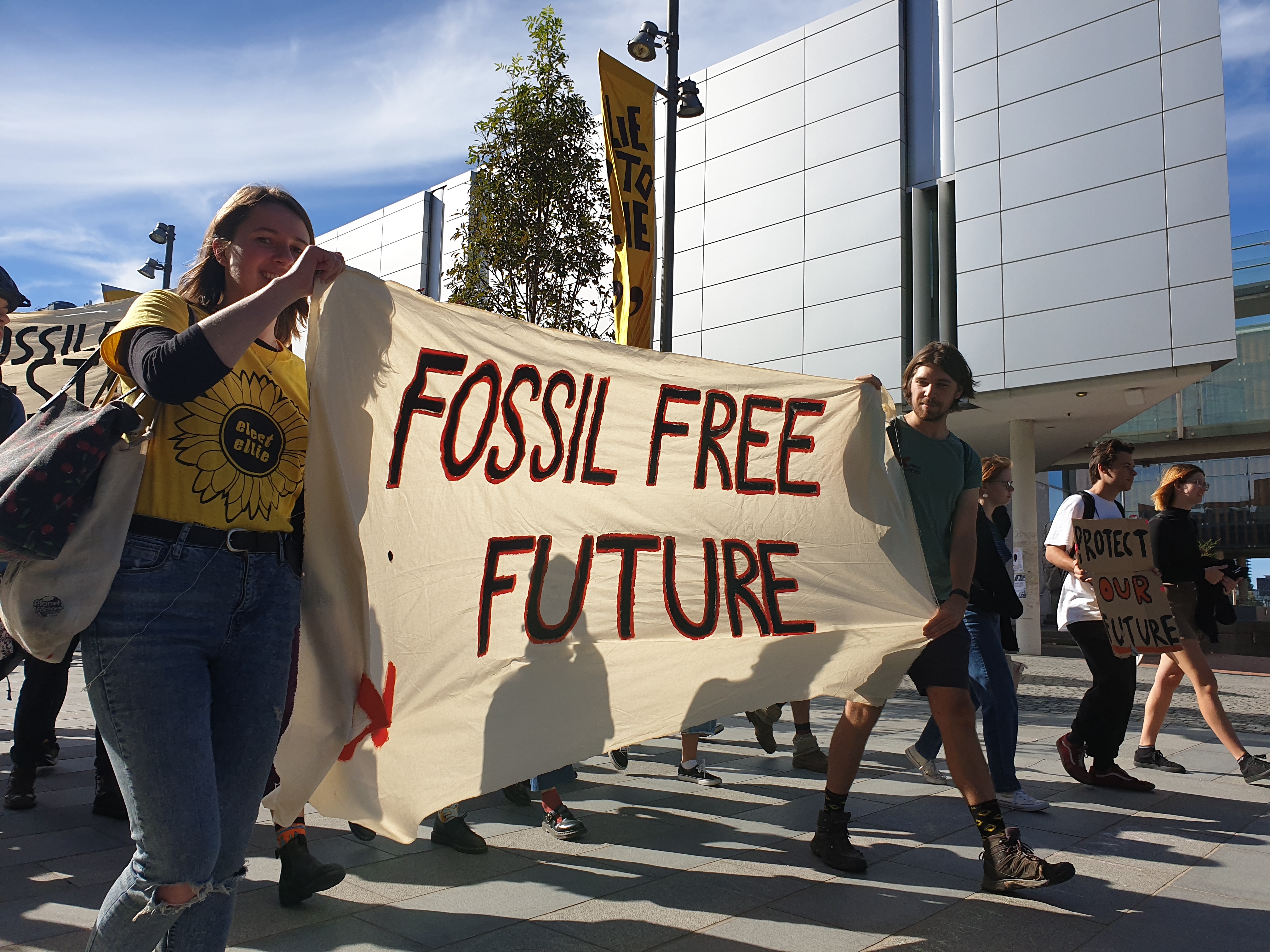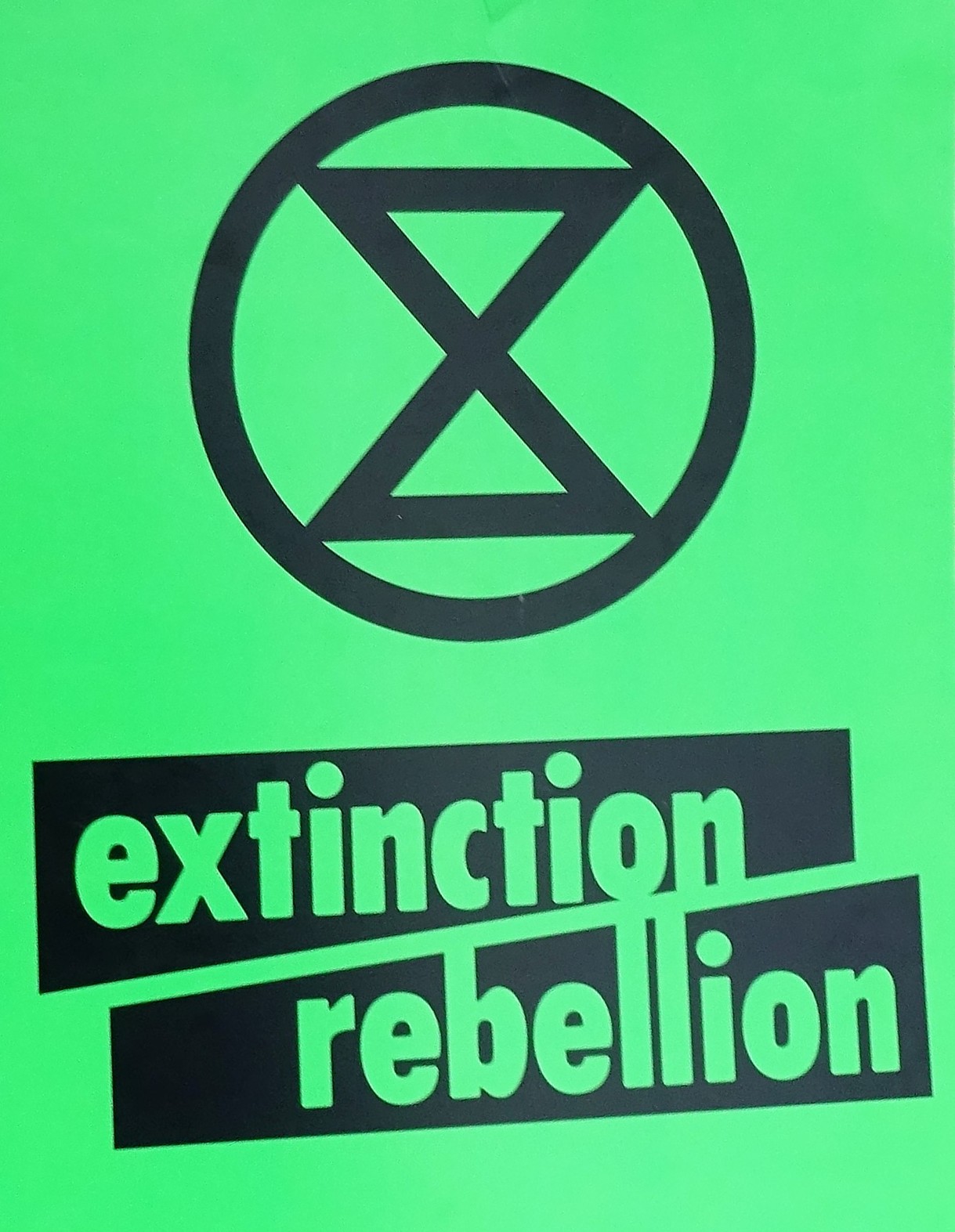According to a report from Cornell University, levels of methane in the atmosphere have been rising rapidly over the past decade, contributing to climate change. This methane has been more depleted in carbon-13 than methane seen in previous decades, leading many to believe that the increased levels result from living or organic sources, like cows. However, the study indicates that much of the increase may be due to emissions from the extraction of shale gas and shale oil through hydraulic fracturing processes (fracking).
Fracking has been responsible for most of North America’s gas production in the past decade, though until now, studies have not explicitly investigated the relationship between fracking and rising methane levels. This study claims that fracking in North America may be responsible for over half of all of the increased fossil fuel emissions levels globally over the past decade.
The conclusions of this study add to the list of consequences of fracking, alongside groundwater contamination, air pollution and fracking-induced earthquakes. Fracking has also been the subject of controversy in the UK, with companies like Cuadrilla requesting more time to complete fracking operations in Lancashire, reported on here. When fracking was allowed to resume in 2018, protesters took to the street to block entry to the site.
The results of the study have yet to be conclusively proven, leaving uncertainty within the scientific community. Though Professor Grant Allen of the University of Manchester remained sceptical of the results, he claimed that the paper points out the importance of creating policies that reign fracking operations in, in order to curb rising methane levels and other environmental degradation.
Latest News
-
Health firm supports older LGBTQ+ community
-
Good causes across Wales share £600,000 in building society funding
-
Pub firm partners with mental health charity for next two years
-
Home improvement platform names next charity partner
-
Construction firm to fundraise for air ambulance and hospice charities
-
Ferry company partners with animal charity
© 2019 Perspective Publishing Privacy & Cookies







Recent Stories